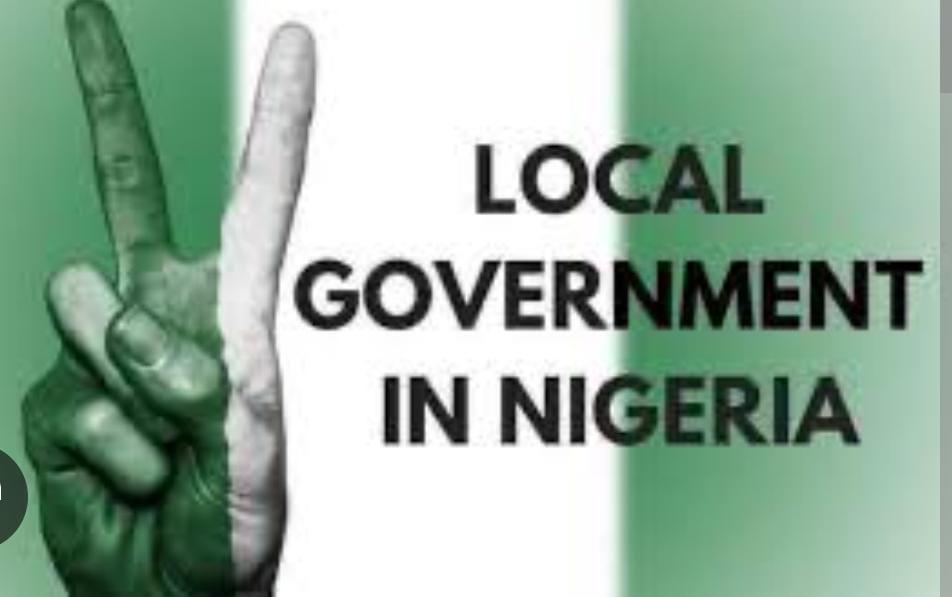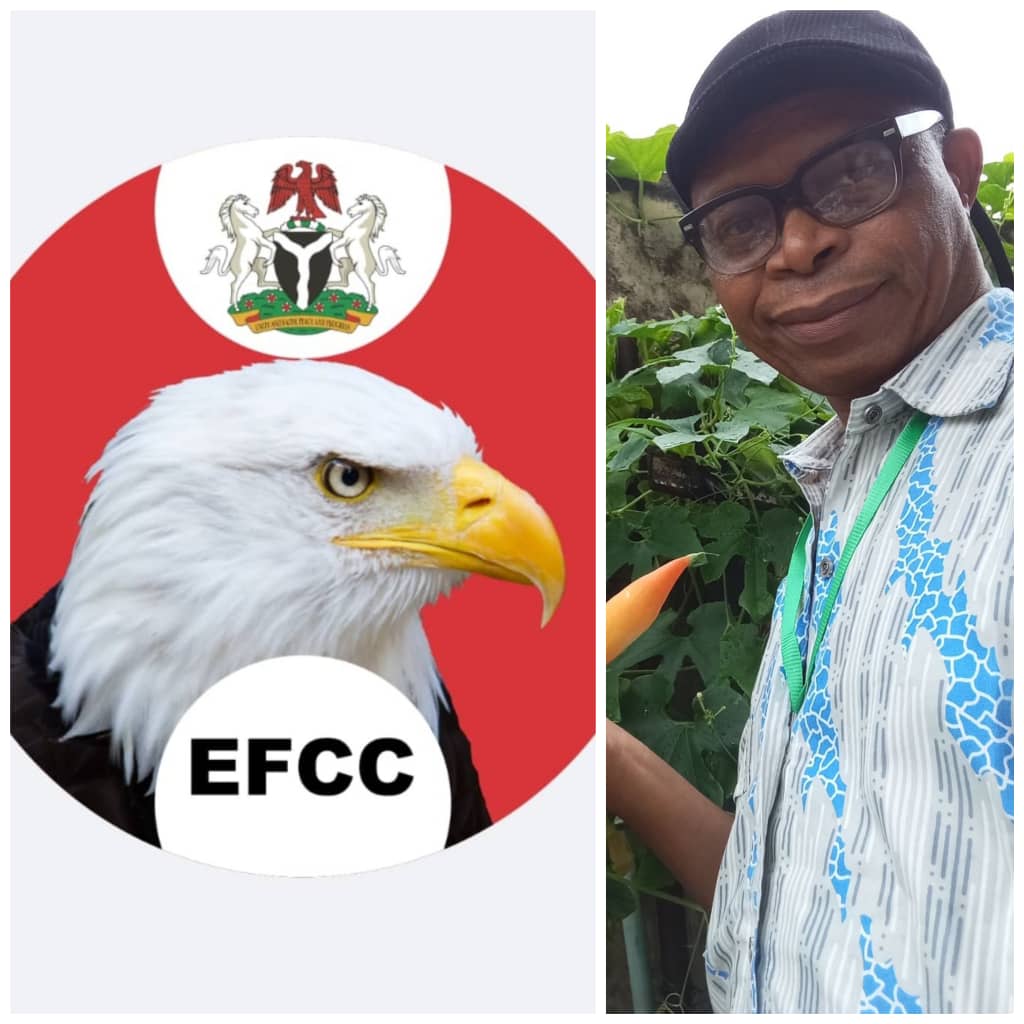Nigeria LGA Autonomy

The recent landmark decision by the highest Court in the country granting Local Government Areas (LGAs) full autonomy and ensuring democratic elections marks a pivotal moment in our governance structure. This ruling aims to end the era of caretaker leadership that has plagued many LGAs, where elected officials were often sidelined in favour of appointed caretakers, who lacked accountability to the local populace.
While some state governments may oppose this decision, viewing it as a challenge to their authority, it represents a crucial step towards bringing effective governance and development directly to the grassroots level.
Historically, the perception of LGA chairmen and executives as mere administrators tasked with dispersing funds without meaningful development initiatives led some states to institute caretaker committees. However, rather than curbing corruption at the local level, this practice often consolidated power in the hands of state governors, exacerbating corruption at higher levels of government.
With the court’s ruling restoring autonomy to LGAs, it is imperative for Nigerian youths and citizens to actively engage with their local governments. They must scrutinize LGA activities, demand transparency, and hold elected officials accountable. This shift should not be business as usual; it is an opportunity for communities to actively participate in shaping their local governance and development agenda.
President Tinubu, as a champion of democracy and decentralized governance, has long advocated for empowering LGAs to fulfill their constitutional mandates. Understanding these mandates is crucial for citizens to effectively monitor and evaluate LGA performance. Among their responsibilities are economic recommendations to the state, tax collection, infrastructure maintenance, public sanitation, and vital civil registration services.
Moving forward, it is incumbent upon all stakeholders to support this judicial decision and ensure its implementation fosters tangible improvements in local governance. By actively participating in LGA affairs and advocating for accountable leadership, Nigerian citizens can contribute meaningfully to the realization of inclusive development and good governance at the grassroots level.
Written by Ichie Anaebonam G.N
(Olusegun of Eko)











